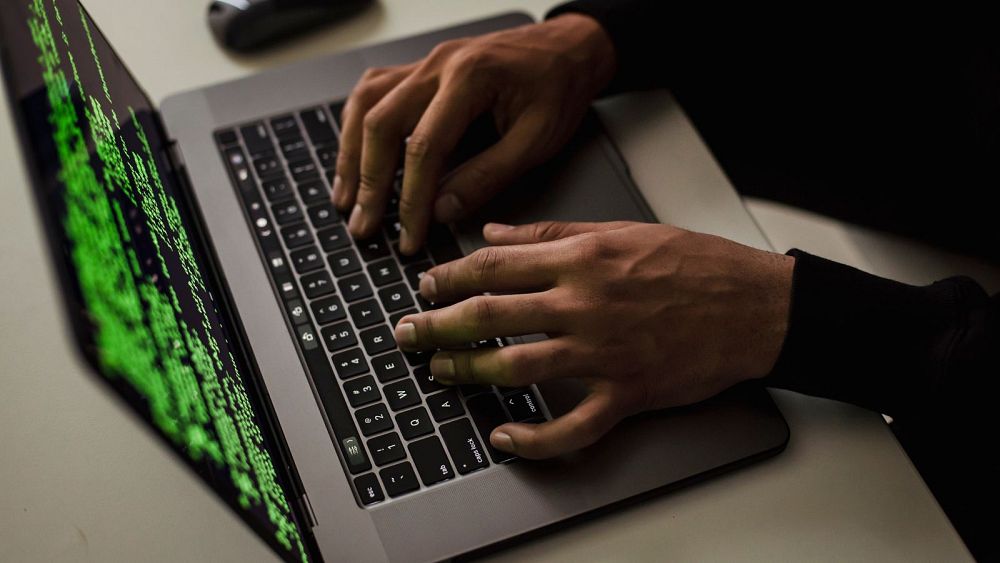
When it comes to New Year’s resolutions, cybersecurity isn’t the first topic that springs to mind.
But given the time we spend online, and the amount of sensitive information at stake, perhaps it should.
So here are four easy things you can do to protect your data and devices from hacking.
1. Choose strong passwords
Yes, this is the most boring advice in this article but it’s definitely still relevant. According to a 2019 online security survey by Google and Harris Poll, 13 per cent of people use the same password for all their accounts.
Doing this makes you vulnerable if your credentials are leaked in the event of a data breach — and we’ve seen a lot of them during the last couple of years. To know if you have been affected by one of these breaches, you can check on the website: haveibeenpwned.com by entering your email or phone number.
The site will run a search through the published breaches. If your mail appears in the list, it’s recommended that you change your password immediately. And please, do choose a strong one.
For example, the National Cyber Security Centre (NCSC) recommends combining three random words. This a precaution to take especially for your mailbox, which stores all kinds of sensitive information.
Despite some controversies, the easiest way to keep track of your different logins is to use a password manager. Even if no solution is 100 per cent safe, a password manager allows you to have different strong passwords and keep them all encrypted.
Should you change your passwords regularly? That’s a thorny question.
The French cybersecurity agency recently changed its guidelines to say that frequent mandatory changes actually result in a lower level of password security. As a result, it doesn’t advise that companies require changing passwords regularly anymore for basic users (as opposed to IT administrators).
2. Secure your transactions with two-factor authentication
Two-factor authentication, as its name suggests, combines the use of a password with another method that can be a text message, an app or a biometric identification.
The NCSC recommends using it for “high-impact” activities such as transferring money or adding credit card details.
Yes, two-factor authentication can be a little more time-consuming but it provides an additional safety net in case of a data breach.
3. Save your tears by saving your data
I am definitely guilty of not applying this rule despite some misfortune (sad flashback to my Master’s thesis being turned into a corrupted file).
Regularly saving your data should be a reflex. It can be useful in case of hardware malfunction or a virus. It also makes you less vulnerable to ransomware attacks, which have surged since the pandemic.
You can save backups on external storage that you keep separate from your computer, or in the cloud. Experts recommend applying the 3-2-1 strategy: three copies of your data on two different types of storage with one copy stored in a different location.
But even just one copy is better than none.
4. Update, update and update again
What is the point of updating your software? Regular updates bring security patches as well as new security features, says the NCSC. A patch is a correction to a security loophole that has been discovered since the launch of the software.
The operating system (OS), your web browsers and your antivirus are the main points to focus on, but not the only ones.
Keeping on top of updates is perhaps the easiest step to take as it can be automated on most devices.
Bonus tip: Invest in a privacy screen for your computer and screen
This option is relevant if you regularly work on sensitive data in public (or if you want to scroll without judgement). It consists of a polarised piece that restricts the viewing angle between 30 and 60 degrees, and usually costs under €50 for a laptop screen.
Think of it as window blinds for your screen. For the people around you, the screen will look blacked out.
Some privacy screens also include functions to improve your comfort when working in front of a screen, such as an anti-reflection option or a blue light filter.

